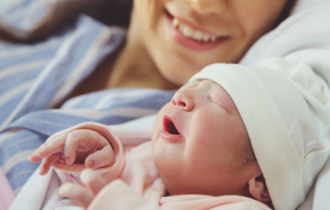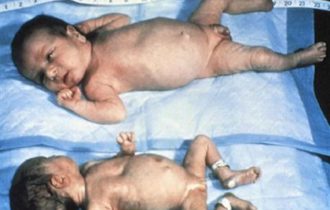Genital Warts during Pregnancy
Pregnancy is a beautiful and exciting phase of a mother and family. It is very essential to visit a doctor regularly, practice good nutrition, and prioritize health, the stress and worries that sometimes accompanies pregnancy may decrease significantly. Pregnancy brings a lot of hormonal changes/discomforts in the body, which are at times not even controlled by medicines also.
At times we just don’t like to talk about certain discomfort or we feel embarrassed to bring it up when you go for your initial consultation with your doctor, but it’s important to have an open discussion so you can get the best care and treatment throughout your pregnancy. Here I would like to explain to you about Genital Warts, its treatment options and how it affects your pregnancy and baby.
What is Genital Warts?
• Genital warts are soft, fleshy growths, alone or in clusters, in the genital area. They grow like cauliflower in the infected area.
• They are a type of STI (Sexually Transmitted Infection) that is caused by certain strains of the human papilloma virus (HPV). Genital warts can be painful and produce discomfort along with itching. They are considered dangerous for women specifically because some HPV types can cause cervical cancer and vulva.
• These warts are very contagious and they have been shown to grow faster during pregnancy due to discharge, excessive blood flow as well as changes in hormones and immune system.
• For females warts appear on inside of vagina or anus, outside of the vagina, anus and/or on the cervix.
Treatment of warts during pregnancy:
Treatment may vary a person to person. They are not much harmful during pregnancy so at times doctor advise not to treat them at all. But in certain cases it expands like anything and treatment has to take place to decrease the growth of it. Following treatments are available during pregnancy:
1. Cryotherapy , a liquid nitrogen solution to freeze them off
2. An acid solution, which chemically “burns” the wart
3. Electrosurgery (known as LEEP)
4. A laser procedure
5. Surgery.
Out of these available options, Cryotherapy is quite safe and painless too. It requires multiple sittings depending upon the growth. Laser removal is not so safe during pregnancy and it may also damage surrounded cells which are not affected by warts.
How it affects your pregnancy:
If warts increase in size, this can make it difficult to urinate. If the warts are in the vagina, they can make the vagina less elastic or block the birth canal. If the warts block the birth canal, a woman may need to have a caesarean section delivery.
How it affects your baby:
In rare cases, a baby who is exposed to genital warts may develop warts in the throat or voice box.
Home remedies for genital warts:
1. Application of Tea tree oil mixed with coconut oil
2. Application of Garlic extract mixed with coconut oil
3. Application of Green tea extract mixed with coconut oil
4. Application of diluted apple cider vinegar
• Use fresh cotton ball for each application.
• Use above home remedies for a few days. If the growth of warts is reduced, you may continue with same until all gone.
• If the growth has increased or remained same, do speak to your doctor about it in your next visit.
We the team of Rita’s Pregnancy 101 wish you a very healthy pregnancy and birthing.





